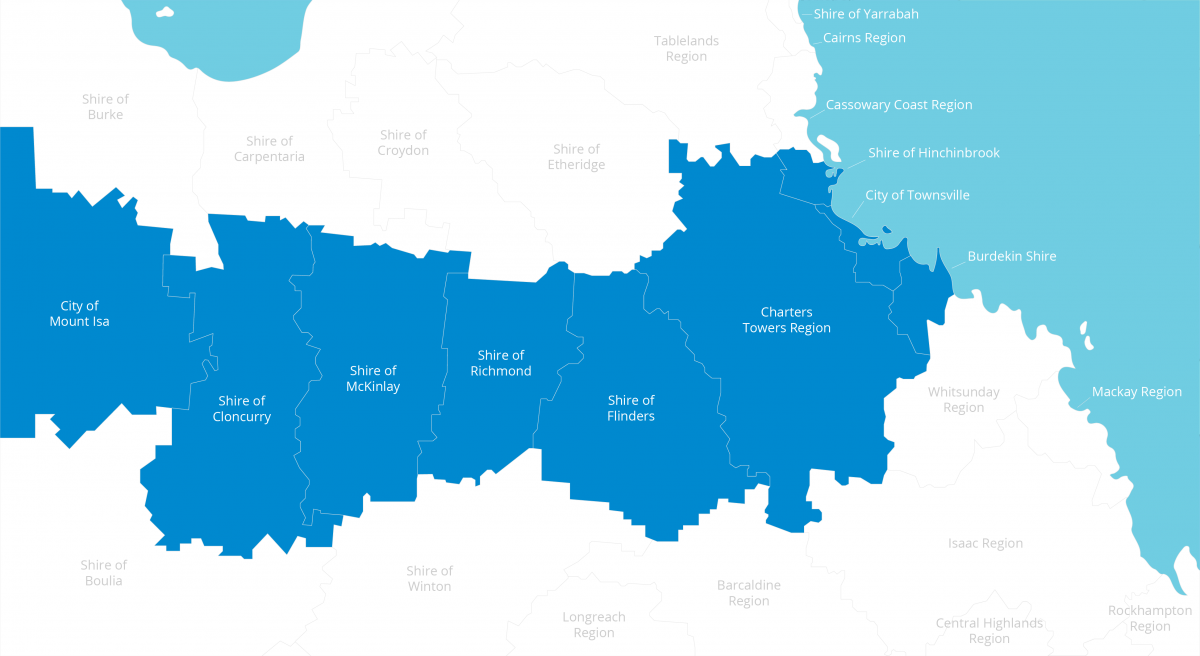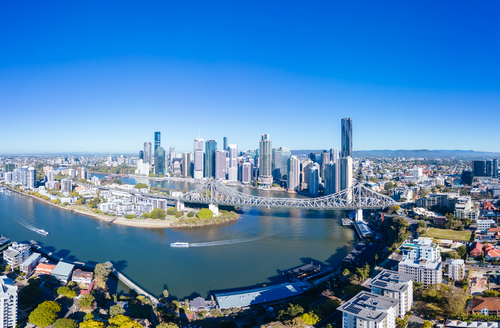Meet Australian Immigration Lawyer Chris Johnston in Colombo – Sri Lanka Migration Expo & Open Day 2026
Work Visa Lawyers is honoured to announce that Chris Johnston has been invited to Sri Lanka by Australia Future Centre to attend the Sri Lanka Migration Expo & Open Day.
Chris will be hosted by Australia Future Centre, a migration advisory and business supporting Sri Lankan professionals and families with their Australian migration.
If you are considering migrating to Australia, applying for permanent residency (PR), or exploring employer-sponsored visa options, this is a unique opportunity to receive trusted, up-to-date advice directly from an experienced Australian immigration lawyer.
Event Details
Sri Lanka Migration Expo
Date: 28 February 2026
Time: From 9:00am onwards
Location: Havelock City, Colombo
Cost: FREE
Registration via Google Form
Spots are limited, and registration is essential.
Why Attend the Sri Lanka Migration Expo & Open Day?
Australian migration law is constantly changing. Attending this event will help you:
- Understand the best Australian visa options for 2026
- Learn about permanent residency pathways
- Discover employer-sponsored and regional migration opportunities
- Ask direct questions to an Australian immigration lawyer
- Avoid common visa mistakes that can delay your application
Whether you are already in Sri Lanka or planning your future overseas, this event is designed to give you clarity and direction.
Skilled Professionals: Your Australian Opportunity Starts Here
Australia continues to experience skills shortages across multiple industries. If you are a qualified and experienced professional in one of the following occupations, this event is especially relevant for you:
- Motor mechanics
- Nurses
- Chefs
- Engineers (Civil engineers and other engineering professionals)
- Construction workers
- Social workers
- Quantity Surveyors
- IT professionals
- Healthcare managers
Australia’s migration program strongly supports skilled professionals through state nomination and employer-sponsored pathways such as the Subclass 491, Subclass 190, Subclass 482, Subclass 186, Subclass 494 and DAMA programs.
If you are serious about building your future in Australia, we encourage you to register and attend to learn how your occupation may fit within current visa programs. This is your opportunity to speak directly with Chris Johnston and understand your eligibility, migration strategy and next steps.
National Innovation Visa (Subclass 858)
We will also present detailed information about the National Innovation Visa (NIV), a direct permanent residency pathway for individuals with exceptional talent and international recognition.
This visa is suitable for:
- High-level entrepreneurs and founders
- Investors
- Researchers and academics
- Experts in critical technologies
- Leaders in innovation-driven industries
The National Innovation Visa does not require employer sponsorship and is not points-tested. It is designed for individuals who can demonstrate exceptional achievements and the ability to contribute significantly to Australia’s economy and innovation ecosystem.
If you believe you may qualify for this highly competitive visa, this seminar is an excellent opportunity to understand the eligibility framework and strategic approach.
Who is Chris Johnston?
Chris Johnston is an Australian Immigration Lawyer with 20 years of experience in migration law. He founded Work Visa Lawyers in 2011 and has helped thousands of individuals and businesses secure Australian visas, including skilled, employer-sponsored, partner, business, global talent and innovation visas.
He is a leading educator in Australian migration law, delivering CPD-accredited training for the Migration Institute of Australia and the Law Society of South Australia, and currently serves as the South Australia President of the Migration Institute of Australia.
Chris is also one of Australia’s original immigration content creators, with more than 180,000 followers across YouTube, TikTok, Instagram and Facebook. He is widely known for explaining complex Australian migration law in a clear, practical and easy-to-understand way.
How to Register
To secure your seat, please complete our Google Registration Form.
Once registered, you will receive confirmation and further event details.
We look forward to meeting you in Colombo and helping you take the next step towards your Australian permanent residency journey.
For more information, please contact Australia Future Centre:
Email: This email address is being protected from spambots. You need JavaScript enabled to view it.
Phone number: +94 77 880 7761 (Sri Lanka)











